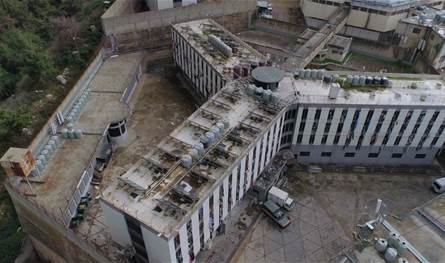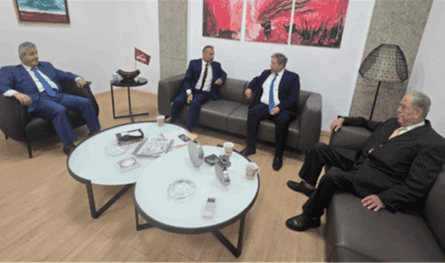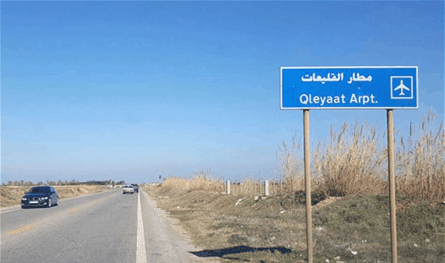Romans arrested and pardon: red lines in the Lebanese -Syrian negotiations

The last meeting between the Lebanese and Syrian committees in Damascus is a remarkable station. The discussion returned to the joint judicial and security files in a highly sensitive regional moment, to raise questions about the future of the relationship between the two countries.
In terms of form, the meeting was presented as a technical step to discuss the files of the Lebanese missing persons in the Syrian prisons, and the Syrian detainees in Lebanon, provided that the next round in Beirut will be completed. But in the essence, what happened exceeds the judicial dimension, to constitute a test of the extent of the seriousness of the two parties in restoring confidence after the transfer of power in Damascus to President Ahmed Al -Shara. The detainees to be released, and study their files to determine who spent longer periods of arrest than the prescribed punishment, but Beirut put a clear red line by refusing to launch any involved in the killing of Lebanese soldiers, a position that reflects an internal fear of opening the door of political settlements at the expense of the blood of the army. Finding a direct understanding between the ministers of justice. The irony is that these proposals reveal that Damascus does not deal with the related files positively, but rather seeks to impose approaches that exceed even the previously signed judicial agreements. The most sensitive file remains is a romantic file, as Damascus demands the release of about 350 of them as a first stage. These include Lebanese, Syrians, and other Arab nationalities, and the charges vary between belonging to Al -Nusra, ISIS, Soldiers of the Levant and the Abdullah Azzam Brigades. Some of them have been sentenced to definitive rulings, while others have been arrested for years without complete trials, and therefore any unwanted release here may constitute security repercussions inside Lebanon, beyond the bilateral relationship. The Syrians’ justice to Beirut will be a place of anticipation, but it will run amid great caution. The relationship between the two countries is still captive of thorny files: missing, prisoners, border demarcation, and security interventions. These files appear before a new test that may determine the course of the next stage, but the indicators so far suggest that Syria requires more than the limits of balanced cooperation. What happened is the beginning of a test of the possibility of moving the Lebanese -Syrian relationship from the stage of doubts and interactions to a clear institutional path. Lebanese law on all crimes committed in Lebanese territory, and according to Article 32 of the same law, the recovery does not allow the crimes within the scope of the validity of the Lebanese regional, subjective and personal law and a chain of transmission of Article 4 of the judicial agreement held between Lebanon and Syria on 10/27/1951 It is not allowed to deliver in the following cases: The required person has been tried or was under investigation or trial for the crime that caused the request. Lebanon constitutes a stab of the martyr. A setback in the justice system, and devotes the concept of political bargains at the expense of the blood of the martyr.
The post Romans arrested and pardon: red lines in the Lebanese -Syrian negotiations appeared first on 961 tobay Lebanon today.
















